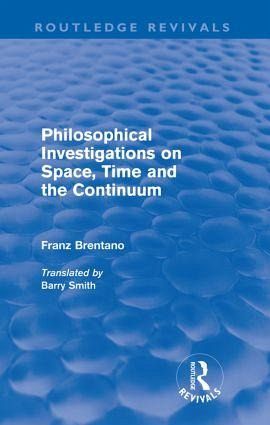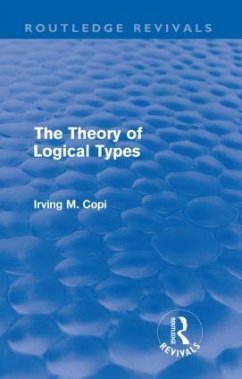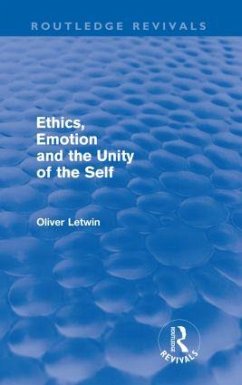
Philosophical Investigations on Time, Space and the Continuum (Routledge Revivals)

PAYBACK Punkte
33 °P sammeln!
Franz Brentano is recognised as one of the most important philosophers of the late nineteenth and early twentieth centuries. This work, first published in English in 1988, besides being an important contribution to metaphysics in its own right, has considerable historical importance through its influence on Husserl's views on internal time consciousness. The work is preceded by a long introduction by Stephan Körner in collaboration with Brentano's literary executor.














